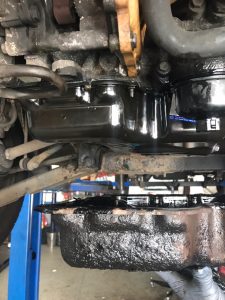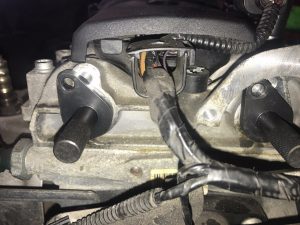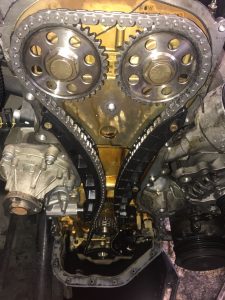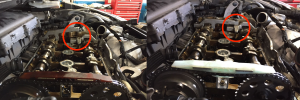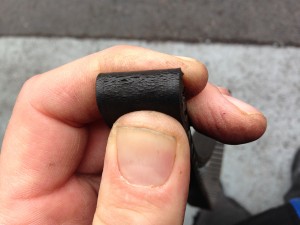The practice of servicing vehicles specifically for the winter months using lower viscosity oils, along with the use of summer and winter coolants, has been outdated for many years.
Today, enhancements to engine components, lubricants, and coolants have generated more efficient engine operation for a wider temperature range. Low viscosity synthetic oils have been developed to cope with low temperature pump ability, which is directly associated with less engine wear, increased fuel economy, and longer engine life.
Modern day engine coolants last longer than ever before, with a possible life span of 150,000 miles or 10 years. Manufacturers have also increased service intervals to drive down the cost of motoring – however, with intervals being longer, essential checks in preparation for the winter are being overlooked. In theory, a well-maintained vehicle should not require any additional checks to get it through the winter. We all know how problems develop over time and if regular checks are not carried out, unnoticed issues could result in a component failure or breakdown.
Statistics show that there are more breakdowns during winter than in any other season; carrying out regular vehicle checks throughout the year is one way of preventing this. According to roadside recovery companies, over 10% of drivers worry that their vehicles are unable to make it through winter without breaking down. Carrying out ‘winter checklists’ before it gets cold is another course of preventative action, allowing workshops to inform customers of any potential vehicle issues that could result in a vehicle failure.
The Winter Checklist
Although most items on the checklist are obvious, their importance is not always as clear to drivers.
For instance:
 Coolants – Long-life coolants still need to be regularly checked to ensure that the vehicle is fully protected from corrosion and freezing. Using a refractometer is one of the simplest and most accurate ways of testing the strength of long-life coolants.
Coolants – Long-life coolants still need to be regularly checked to ensure that the vehicle is fully protected from corrosion and freezing. Using a refractometer is one of the simplest and most accurate ways of testing the strength of long-life coolants.
Batteries – Vehicle batteries have come a long way in recent years to deal with the ever-increasing number of ‘lifestyle’ electronics within modern vehicles. However, short journeys with reduced charging time and the increased electrical load during the winter will still reduce the battery’s performance and could ultimately result in battery failure – with nearly 20% of winter breakdowns due to battery faults.
Filters – When it comes to general maintenance on the vehicle, replacing the cabin filter isn’t at the top of the owner’s priority, but this is still an important filter to check. When the filter becomes full of dust, pollen, and other foreign particles, the fresh air output into the cabin is heavily reduced and condensation will take longer to clear.
Air conditioning – During winter, air conditioning is often used as an effective method of demisting windows, as it draws out the moisture from within the vehicle. So, a check on its efficiency is an excellent pre-check for the winter, not just for the summer.
Screen wash – Maintaining the correct concentration of screen wash additive is something that is often overlooked. It will help prevent the washer fluid from freezing in the jets, pipe work, and even the reservoir in extremely low temperatures.
A winter checklist could contain other safety-related items including brakes, lubricants, lights, tyres, wiper blades, and much more. So, whilst winter servicing may be a thing of the past, winter checks are still a valid offer to customers who cannot carry out the regular checks that all vehicles needs to remain in a safe and serviceable condition.

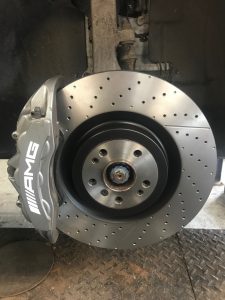


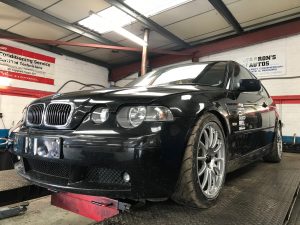
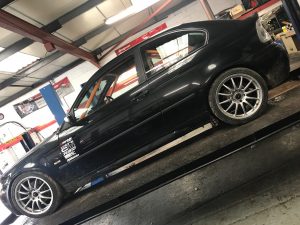
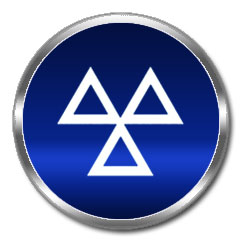



 Coolants – Long-life coolants still need to be regularly checked to ensure that the vehicle is fully protected from corrosion and freezing. Using a refractometer is one of the simplest and most accurate ways of testing the strength of long-life coolants.
Coolants – Long-life coolants still need to be regularly checked to ensure that the vehicle is fully protected from corrosion and freezing. Using a refractometer is one of the simplest and most accurate ways of testing the strength of long-life coolants.

